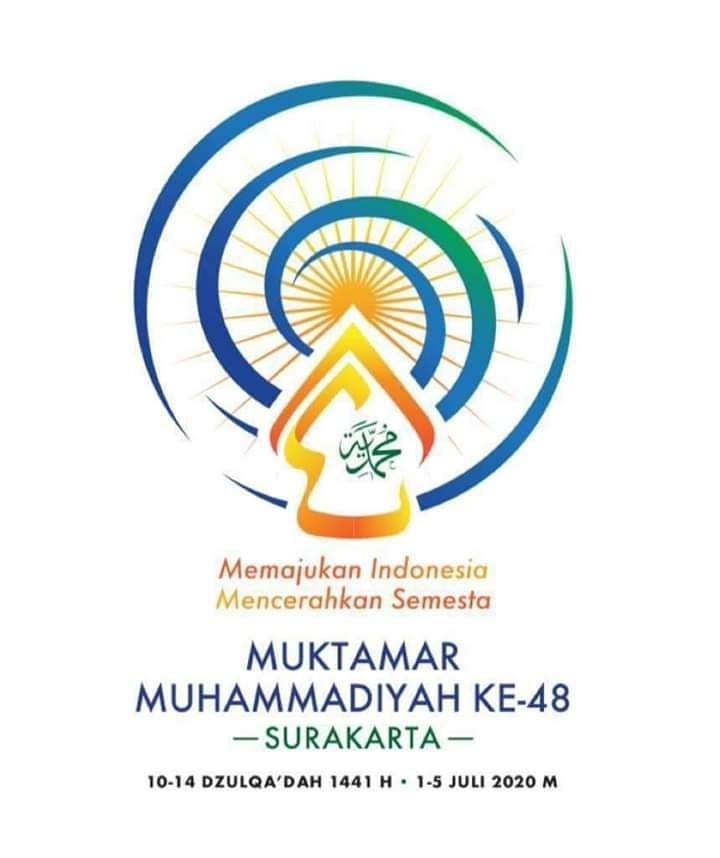Yogyakarta-The government cannot be fully work solely in handling certain disaster occurred, especially emergency action alone outside the SOP disaster management scenario, therefore role and government synergies with the non-government organization or other group who pay more concern to the disaster management in order to minimize the risk of existing disaster.
This was said by Urip Bahagia from the Regional Disaster Management Agency of Sleman in seminar and discussions as well as the Launching of discussion of 1 year mount merapi eruption the Dilemma of Government single role and community existence in recovery of post-2010 eruption of Merapi, which was organized by the Environmental Studies and Disaster of UMY and Muhammadiyah Disaster Management agency (MDMC) in the building of Muhammadiyah, Cik Di Tiro, Yogyakarta, Thursday (11/10/2011). According to Urip, the government was overwhelmed with great number of refugees when suddenly the evacuation radius went up to 20 km from the peak of Merapi, so according to him, the synergy between the government and the society is needed like the mass organizations such as Muhammadiyah and NU which can significantly raise powers to help the refugees. Meanwhile, according to chairman of the agency for Disaster Management PP Muhamamdiyah Budi Setiawan, from the beginning Muhammadiyah and the Government have been still looking for patterns of effective communication to synergize in managing of disaster, "Muhammadiyah has offered several universities during his 2010 eruption of Merapi in accommodating refugees, but at the time it's still a lot of consideration, so the offer from Muhammadiyah is neglected. In fact if you look at the number of refugees, it was less rational when we put together in the stadium Maguwoharjo refugees, "he explained.
From the view of disaster observer Saleh Abdullah the government in handling disaster, many NGOs and CBOs were just involved in the emergency response period, by often inviting discussion and seek input for the concept. Yet, afterward, or the recovery period and thereafter, the government has been considered for taking its own position and less involving organizations and community groups, "Though at the time of such crucial policy decisions concerning the livelihood of the community, elements of society have a little more accurate data about the affected people ,"he added. Concerning about relocation, according to Saleh, the government assessed to be so slow in making policy for the relocation of residents around the slopes of Merapi, which is included in hazard maps, so that the community experienced the psychological barrier. "People felt already like at home "living in the disaster area, because the government was not quick enough to take action, so that the public had no other view but settled there," he explained.
(trans by hm-uhamka)


